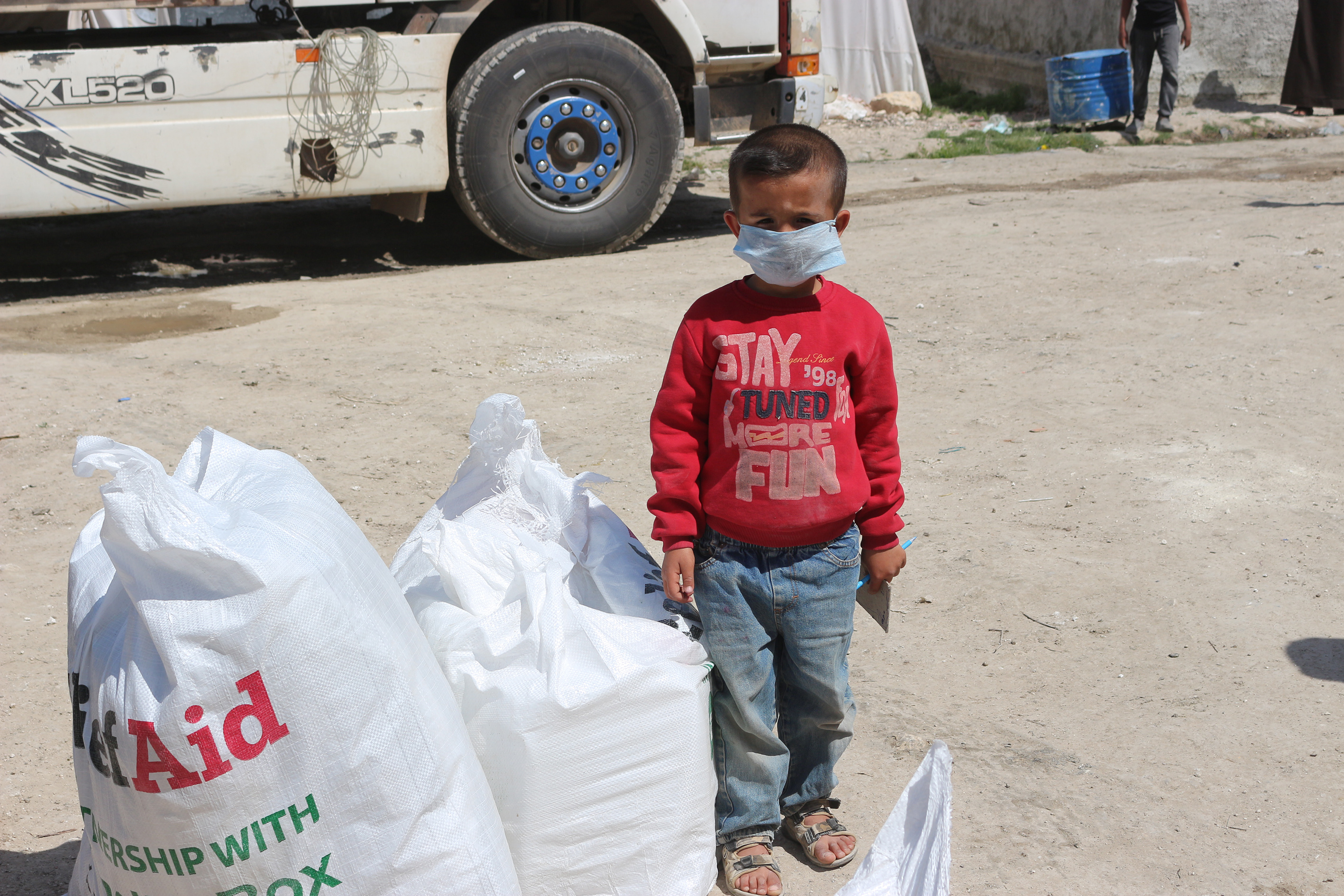Like you, the team here at ShelterBox are concerned about the impact coronavirus is having on our lives and the world around us.
We are lucky to be living in a country with robust health services and significant medical resources. Most of us are able to self-isolate in our own homes and care for ourselves and each other.
But millions of families who are homeless because of conflict or other disaster have no way of protecting themselves and their children. And they have no access to healthcare.
Here are four things you need to know about coronavirus, how it’s affecting families living through disaster, and how shelter can save lives in the face of this coronavirus crisis:
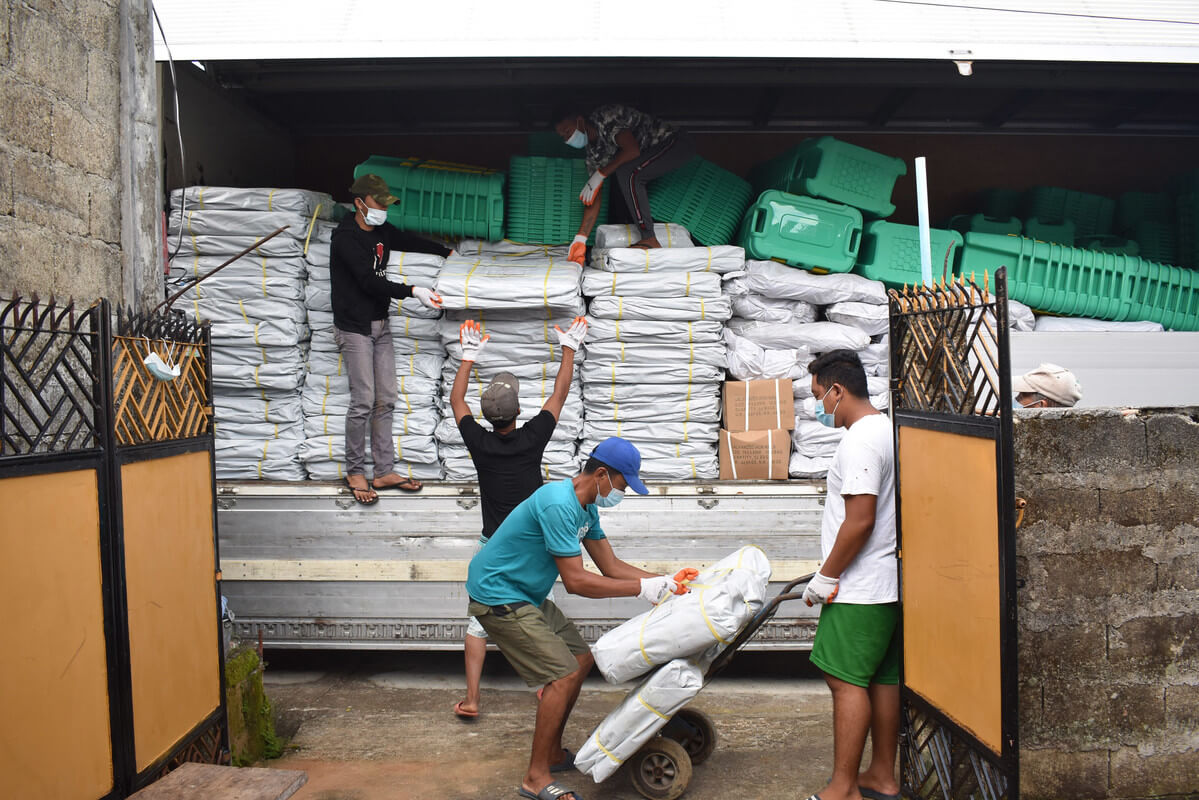
1. WHEN YOU LOSE YOUR HOME AFTER A DISASTER OR IN A CONFLICT, YOUR ABILITY TO STAY SAFE AND HEALTHY IS ALREADY COMPROMISED.
Those living in refugee camps or in makeshift settlements are particularly vulnerable.
Imagine being seriously ill with no roof over your head. There’s little hope of ‘social distancing’ when there are no blankets to keep your children warm. You can’t wash your hands frequently when there is no clean water. You can’t make your children nutritious meals when there is not enough food, nowhere to cook and nothing to cook it in.
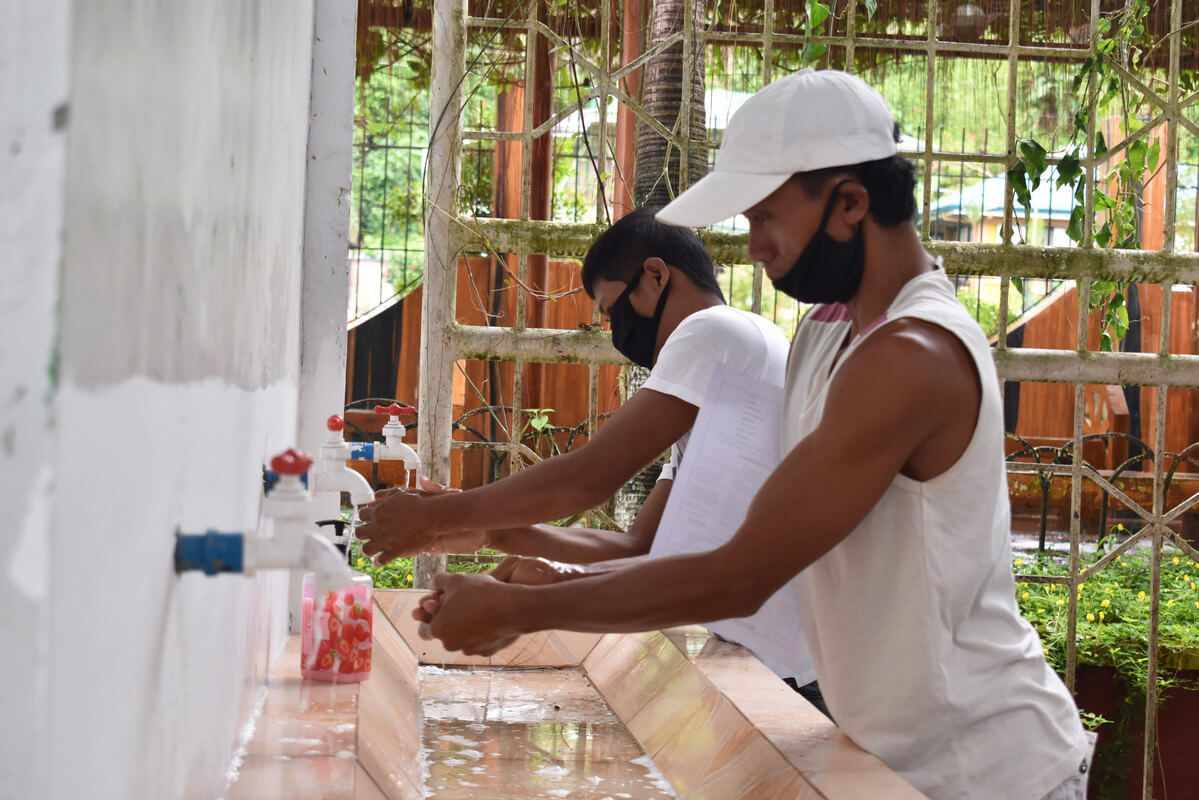
2. 84% OF THE 70.7 MILLION PEOPLE DRIVEN FROM THEIR HOMES BY CONFLICT LIVE IN THE LEAST DEVELOPED COUNTRIES IN THE WORLD WHERE SUPPORT IS ALREADY LIMITED.
There are also several other risk factors in less developed countries.
Communal living, underlying health conditions like malnutrition and a lack of access to water or washing facilities will all make the fight against coronavirus much harder. Government-run displacement centres are overcrowded and under-resourced. Many will not have the capacity to support families during a coronavirus spread.
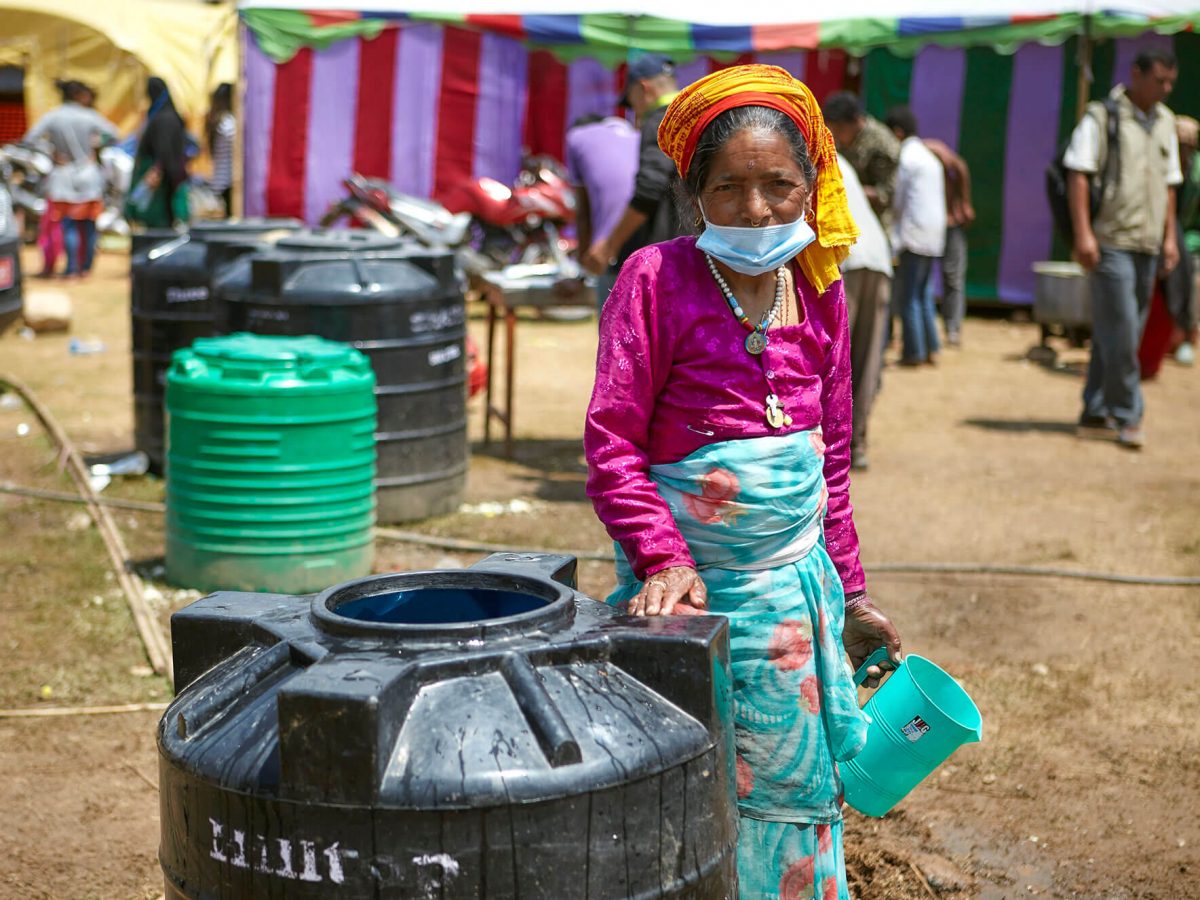
3. CORONAVIRUS WILL IMPACT THE HOSPITALS AND HEALTH CARE SYSTEMS IN LESS DEVELOPED COUNTRIES FAR MORE SEVERELY THAN IN DEVELOPED COUNTRIES LIKE NEW ZEALAND.
In many less developed countries, health care systems are already strained. At least half of the world’s population didn’t have access to essential medical care even before the virus struck (WHO).
In NZ, there are approximately 4 critical care beds to every 100,000 people. But in places like Uganda, there are 0.1 to every 100,000 people. And this isn’t the worst of it. In Liberia, for example, there are no intensive care unit (ICU) beds with ventilators (World Economic Forum).
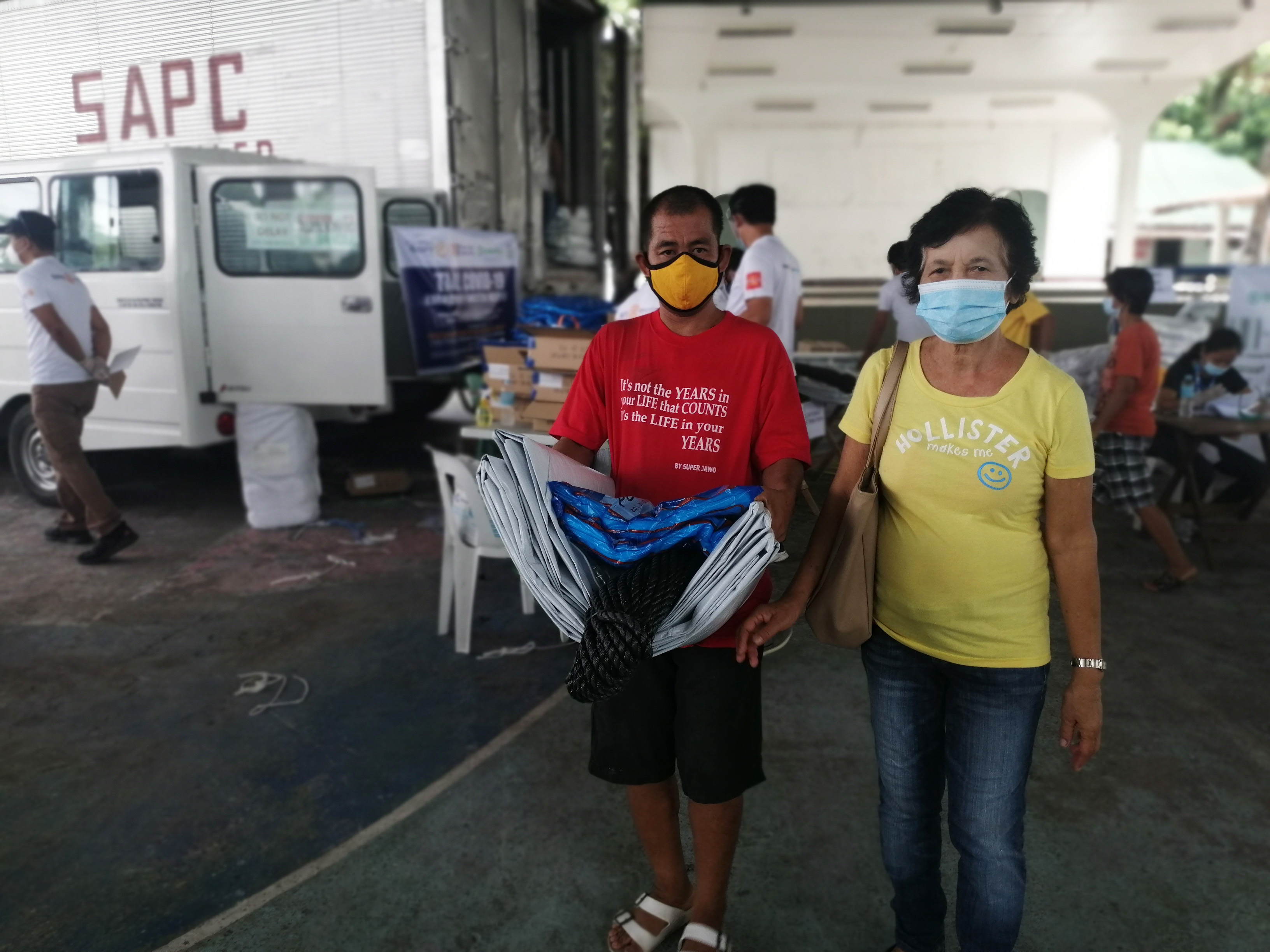
4. PROVIDING EMERGENCY SHELTER AND OTHER ESSENTIAL ITEMS AFTER DISASTER NOT ONLY HELPS FAMILIES RECOVER BUT CAN ALSO OFFER A PLACE WHERE FAMILIES CAN BE TOGETHER AWAY FROM OTHERS IN THE MIDST OF A CORONAVIRUS OUTBREAK.
Our tents and shelter kits can help people to keep distance from each other. In fact, it is vital for helping people to move from overcrowded camps and collective centres to a more private space.
By keeping people warm and dry, giving them the ability to create meals and drink clean water, our blankets, sleeping mats, water filters and cooking sets can help families to stay as healthy as possible.
In addition to our essential shelter aid, we are also providing hand soap and wash basins in Syria. This minor but meaningful change will enable families to protect themselves as much as possible from the deadly virus.
MORE FROM OUR CORONAVIRUS RESPONSE
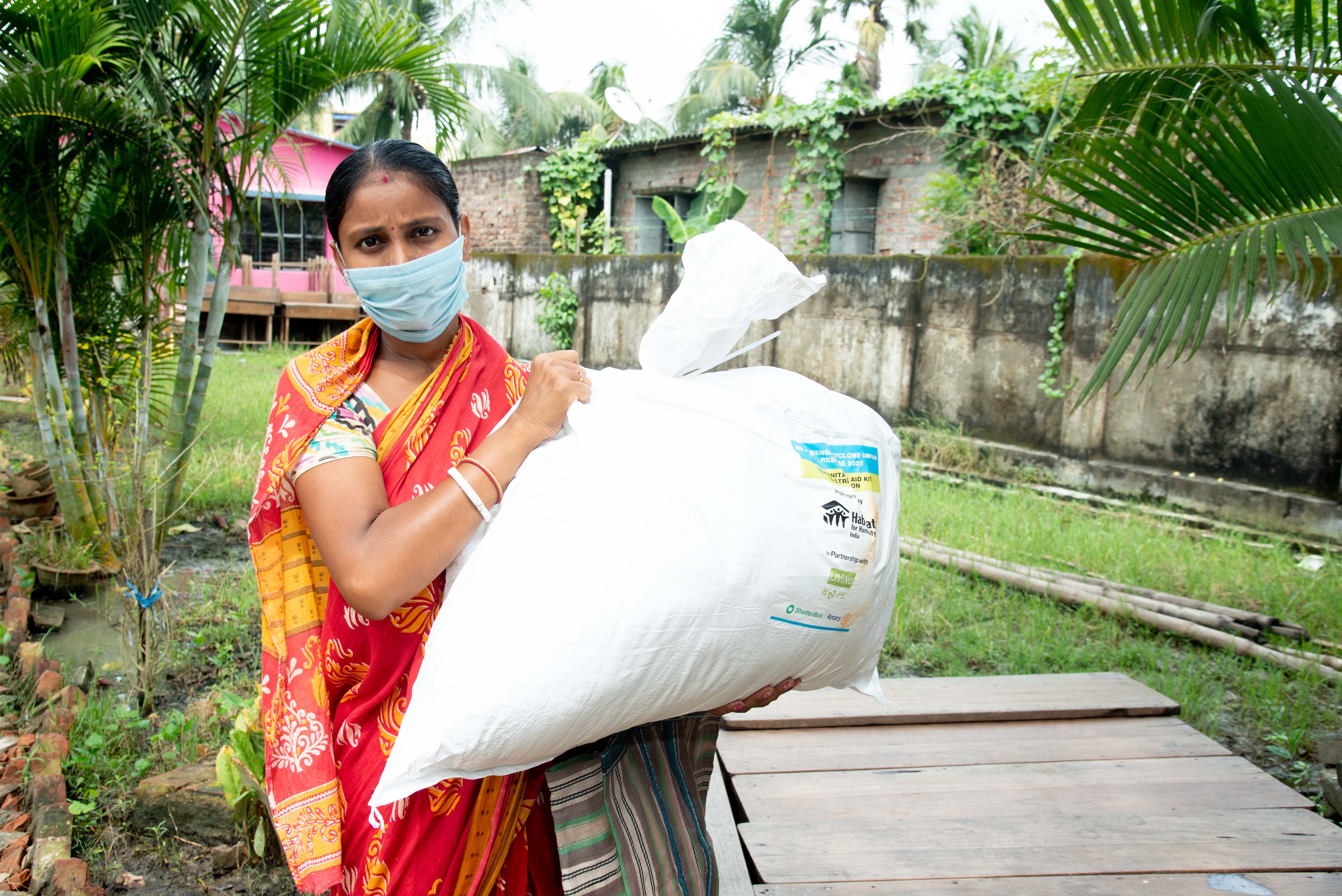
OUR RESPONSE
